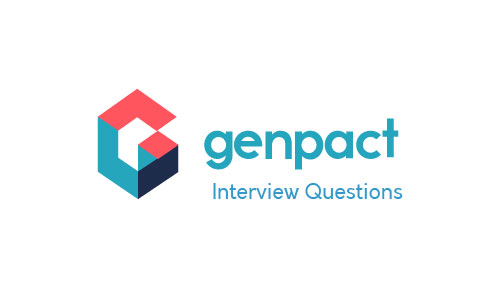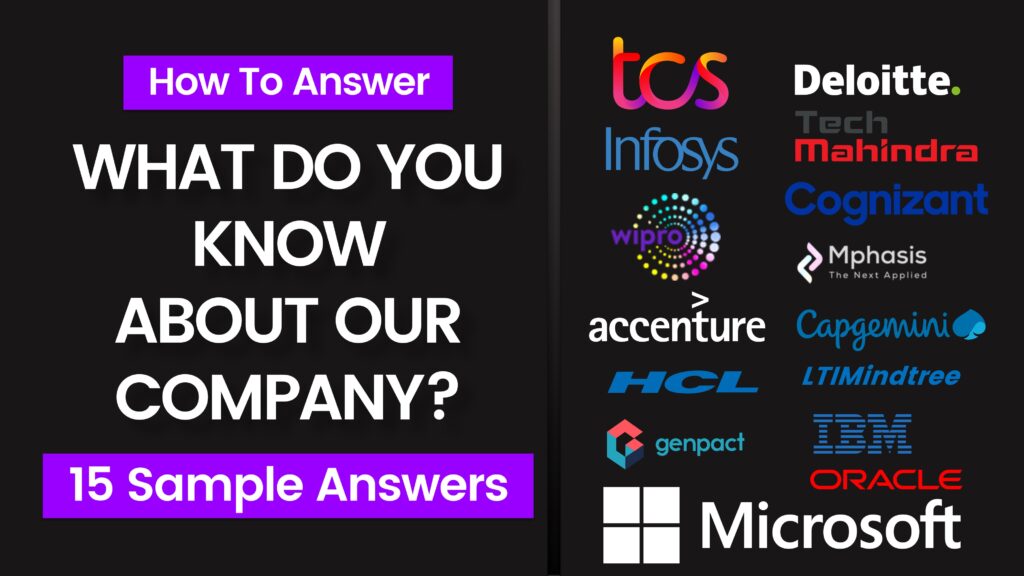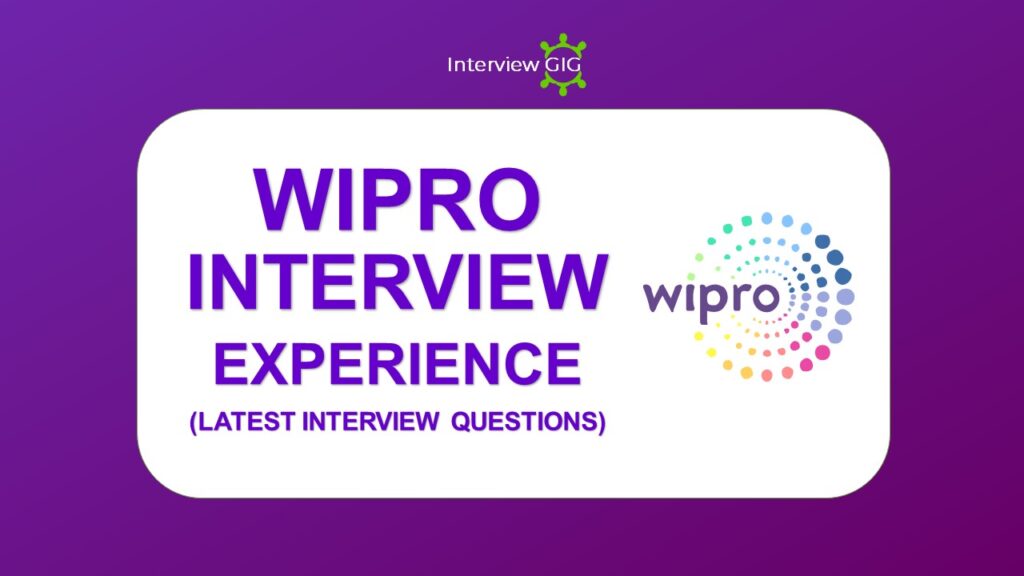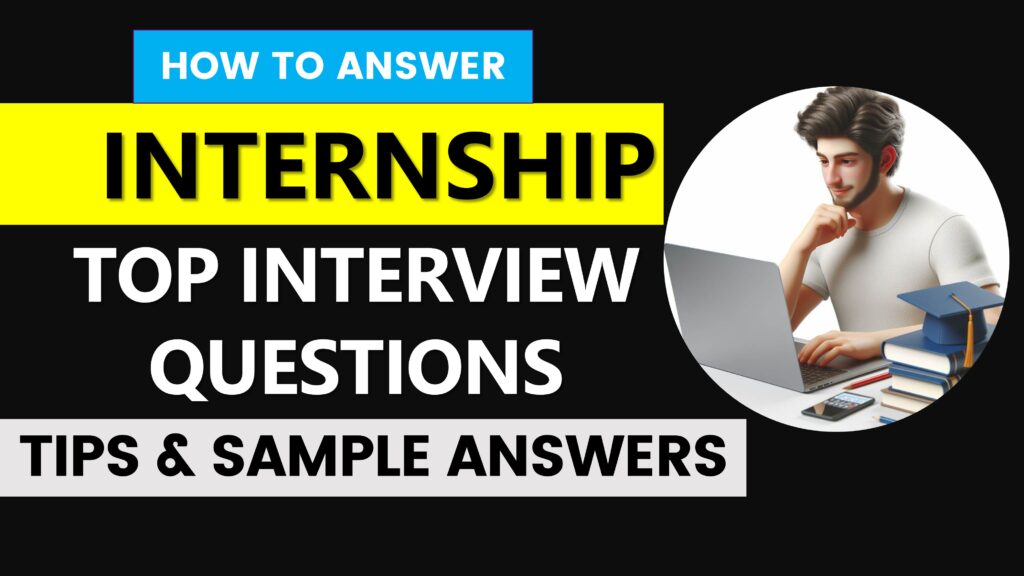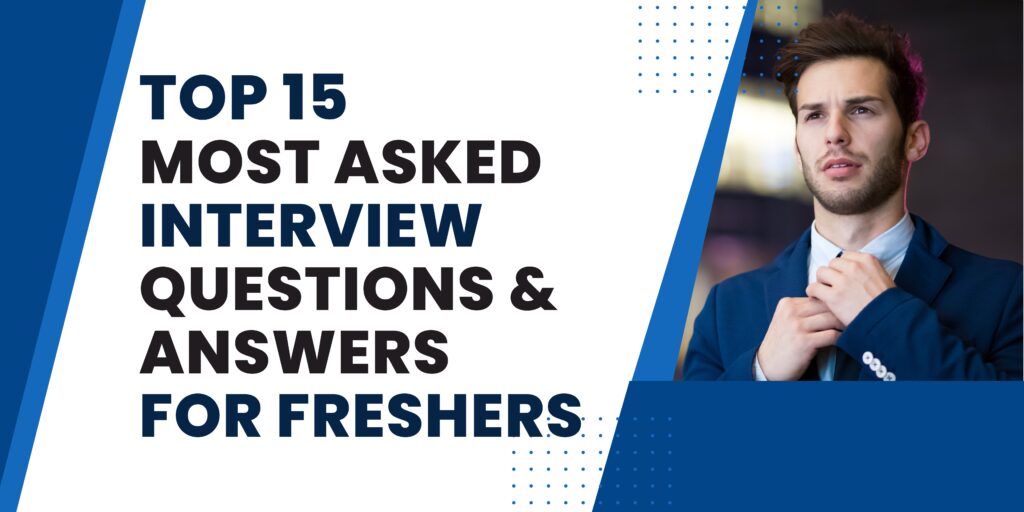Deloitte Interview Processes
The interview process at Deloitte for experienced candidates typically involves multiple stages, including interactions with HR, managers, and possibly partners. Below is a more detailed breakdown of the interview process for experienced candidates, including the involvement of HR professionals, managers,Phone and partners:
Application and Resume Submission:
Submit your application and resume through Deloitte’s online application system.
Initial Screening by HR:
The initial screening is often conducted by HR professionals. They may reach out to you for a phone or video interview to discuss your background, skills, and career goals.
First-Round Interview with HR:
You might have an initial interview with an HR representative to further discuss your experiences, career aspirations, and to assess your cultural fit within Deloitte.
Technical or Case Interview:
Depending on the role, you may be required to undergo a technical interview or a case interview to evaluate your problem-solving abilities and industry knowledge.
Managerial Interviews:
You will likely have one or more interviews with managers within the specific business unit you are applying for. These interviews may focus on your technical expertise, leadership skills, and how well you would integrate into the team.
Partner Interviews:
For more senior positions, you may have interviews with partners or senior executives. These interviews may explore your strategic thinking, alignment with the firm’s goals, and your ability to contribute at a leadership level.
Behavioral and Competency-Based Interviews:
Expect questions that assess your behavioral competencies, leadership skills, and how well you would fit into Deloitte’s culture. This stage may involve discussions with both managers and partners.
Client or Industry-Specific Interviews:
Depending on the nature of the role, you may be asked about your experience working with clients, industry-specific knowledge, or your involvement in significant projects.
Assessment Center (if applicable):
Some candidates, especially those applying for leadership roles, may be invited to an assessment center where they participate in group activities, presentations, or case studies.
Reference Check:
Deloitte may conduct reference checks to verify your work history and qualifications.
Final Interview with Partners or Executives:
The final stage may involve a comprehensive interview with partners or top-level executives. This interview may focus on your strategic thinking, vision, and how you align with the firm’s goals.
Job Offer:
If you successfully pass all stages of the interview process, you may receive a job offer from Deloitte.
Throughout the process, be prepared to discuss your achievements, problem-solving abilities, and how your skills align with Deloitte’s values. Additionally, it’s important to demonstrate your knowledge of the industry and the specific challenges Deloitte may be facing. Always refer to the most recent information provided by Deloitte for the most accurate details about their interview process.
HR Interview Questions
Question: Tell us about yourself and your professional journey so far?
Sample Answer:
“My name is [Your Name] from [Your Location], I have a background in [your field] with over [number of years] of experience. Throughout my career, I’ve had the opportunity to work in various roles where I’ve developed expertise in [mention specific skills or areas]. Most recently, I was involved in [describe recent projects or responsibilities], where I was able to [highlight key achievements or contributions]. I’m excited about the opportunity to bring my skills and experience to Deloitte and contribute to its mission of delivering exceptional client service and innovation.”
Question: Why are you interested in joining Deloitte at this point in your career?
Sample Answer:
“I’ve long admired Deloitte for its reputation as a leader in the professional services industry and its commitment to driving positive change. At this point in my career, I’m seeking new challenges and opportunities for growth, and I believe Deloitte offers a dynamic environment where I can continue to learn, develop, and make meaningful contributions. I’m particularly drawn to Deloitte’s collaborative culture, emphasis on innovation, and the chance to work on impactful projects with a talented team.”
Question: How do you handle conflicts or disagreements within a team?
Sample Answer:
“In my experience, conflicts are inevitable but can be constructive when managed effectively. I approach conflicts by first actively listening to all perspectives to understand the root cause. Then, I facilitate open communication, encouraging team members to express their concerns. Once we have a clear understanding of the issues, I work collaboratively with the team to find a resolution that addresses everyone’s concerns. The key is maintaining a positive and solution-oriented approach to keep the team focused on achieving our common goals.”
Question: Can you discuss a challenging situation you faced in your previous role and how you resolved it?
Sample Answer:
“In a previous role, we encountered [specific challenge], which required a strategic approach to overcome. I took the initiative by conducting a thorough analysis of the situation, involving key stakeholders, and leveraging their insights. Together, we implemented a comprehensive solution that addressed the challenge and resulted in [mention positive outcomes, such as improved efficiency or cost savings]. This experience taught me the importance of proactive problem-solving and collaboration to achieve successful outcomes.”
Question: What do you consider to be your greatest professional achievement and why?
Sample Answer:
“My greatest professional achievement was leading a cross-functional team to successfully implement a complex client project under a tight deadline. We exceeded client expectations, resulting in a long-term partnership. This experience honed my leadership skills and reinforced the value of collaboration and effective project management.”
Question: What are your salary expectations?
Sample Answer:
“I appreciate the opportunity to discuss compensation. Based on my research and considering the responsibilities and expectations of the role, I am seeking a salary in the range of [provide a salary range]. However, I am open to a comprehensive compensation package that includes benefits, bonuses, and other incentives. I am confident that, given my skills and experience, we can find a mutually beneficial arrangement that aligns with both my expectations and the company’s compensation structure.”
Managerial Interview Questions
Question: Discuss a situation where you had to make a difficult decision with limited information?
Sample Answer:
“Facing a critical project deadline, I had to make a decision on resource allocation without complete information. I gathered available data, consulted key team members, and made a decisive call. The result was a successful project completion within the timeline.”
Question: How do you foster a collaborative team environment, especially in remote work settings?
Sample Answer:
“In remote settings, I prioritize regular virtual check-ins, use collaborative tools for communication, and encourage open dialogue. Team-building activities, virtual brainstorming sessions, and recognizing achievements foster a sense of camaraderie, ensuring everyone feels connected and motivated.”
Question: Can you share an example of a project where you exceeded client expectations?
Sample Answer:
“On a client project, we not only met but surpassed expectations by implementing innovative solutions. Regular client communication, proactive problem-solving, and a commitment to quality resulted in enhanced deliverables, leading to positive client feedback and additional project opportunities.”
Question: Describe your approach to mentoring and developing junior team members?
Sample Answer:
“I believe in providing guidance, setting clear expectations, and offering constructive feedback. I create opportunities for skill development, encourage autonomy with support, and promote a learning culture. This approach empowers junior team members, fosters growth, and enhances overall team performance.”
Question: How do you ensure alignment between project goals and overall business objectives?
Sample Answer:
“I align project goals with business objectives by thoroughly understanding organizational priorities. Regularly communicating project milestones, involving key stakeholders in decision-making, and adapting strategies based on evolving business needs ensure that our projects contribute directly to the overarching success of the business.”
Partner Interview Questions:
Question: What do you believe sets you apart from other candidates applying for this role?
Sample Answer:
“My unique combination of strategic vision, demonstrated leadership in complex projects, and a track record of fostering innovation distinguishes me. My ability to align team efforts with organizational goals ensures successful outcomes and sustained value.”
Question: How do you approach risk management in high-stakes projects?
Sample Answer:
“I approach risk management proactively by conducting comprehensive risk assessments, implementing mitigation strategies, and establishing contingency plans. Regular monitoring and open communication ensure swift responses to emerging risks, fostering project resilience in high-stakes environments.”
Question: Can you discuss a time when you had to navigate competing priorities in a project?
Sample Answer:
“During a project with tight timelines and competing priorities, I prioritized tasks based on strategic impact. Clear communication with stakeholders and a focus on critical path activities allowed us to successfully navigate complexities, achieving project goals while managing competing demands.”
Question: How do you promote innovation and creativity within your team?
Sample Answer:
“I encourage a culture of innovation by fostering open communication, recognizing diverse perspectives, and providing a platform for idea-sharing. Implementing periodic brainstorming sessions, allocating time for creative exploration, and acknowledging and celebrating innovative contributions stimulate a culture of continuous creativity.”
Question: Describe a challenging client situation you successfully resolved, and what you learned from it?
Sample Answer:
“In a challenging client situation, I initiated open communication, actively listened to concerns, and collaborated on solutions. By demonstrating flexibility and delivering results beyond expectations, we not only resolved the issue but strengthened the client relationship. This experience emphasized the importance of adaptability and client-centric problem-solving.”
Phone Interview Questions
Question: What motivated you to apply for this particular role at Deloitte?
Sample Answer:
“I’ve long admired Deloitte’s commitment to excellence and innovation in the professional services industry. The opportunity to contribute my skills and experience to a dynamic team, work on impactful projects, and continue learning and growing aligns perfectly with my career aspirations.”
Question: How do you prioritize tasks and manage your time effectively?
Sample Answer:
“I prioritize tasks based on urgency and importance, utilizing tools like to-do lists and calendars to organize deadlines and milestones. Regularly reassessing priorities, delegating when necessary, and maintaining open communication with stakeholders ensure efficient time management and successful task completion.”
Question: Can you provide an example of a project where you had to adapt to unexpected changes?
Sample Answer:
“During a recent project, unexpected changes in client requirements necessitated a swift adjustment in project scope. I convened the team, evaluated resources, and realigned priorities to accommodate the changes. Through effective communication and agile project management, we successfully adapted to the new requirements, ensuring project success and client satisfaction.”
Question: How do you stay updated on industry trends and incorporate them into your work?
Sample Answer:
“I stay informed through a variety of channels including industry publications, webinars, conferences, and networking with professionals. I actively seek out relevant research and participate in professional development opportunities to stay ahead of emerging trends. Integrating new insights into my work allows me to deliver innovative solutions and remain competitive in the industry.”
Question: Describe a time when you had to communicate complex information to a non-technical audience?
Sample Answer:
“In a project presentation to stakeholders with diverse backgrounds, I simplified technical concepts using relatable analogies and visuals. I focused on key takeaways, avoided jargon, and encouraged questions to ensure understanding. By tailoring the message to the audience’s level of expertise, I facilitated clear communication and alignment on project objectives.”
